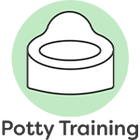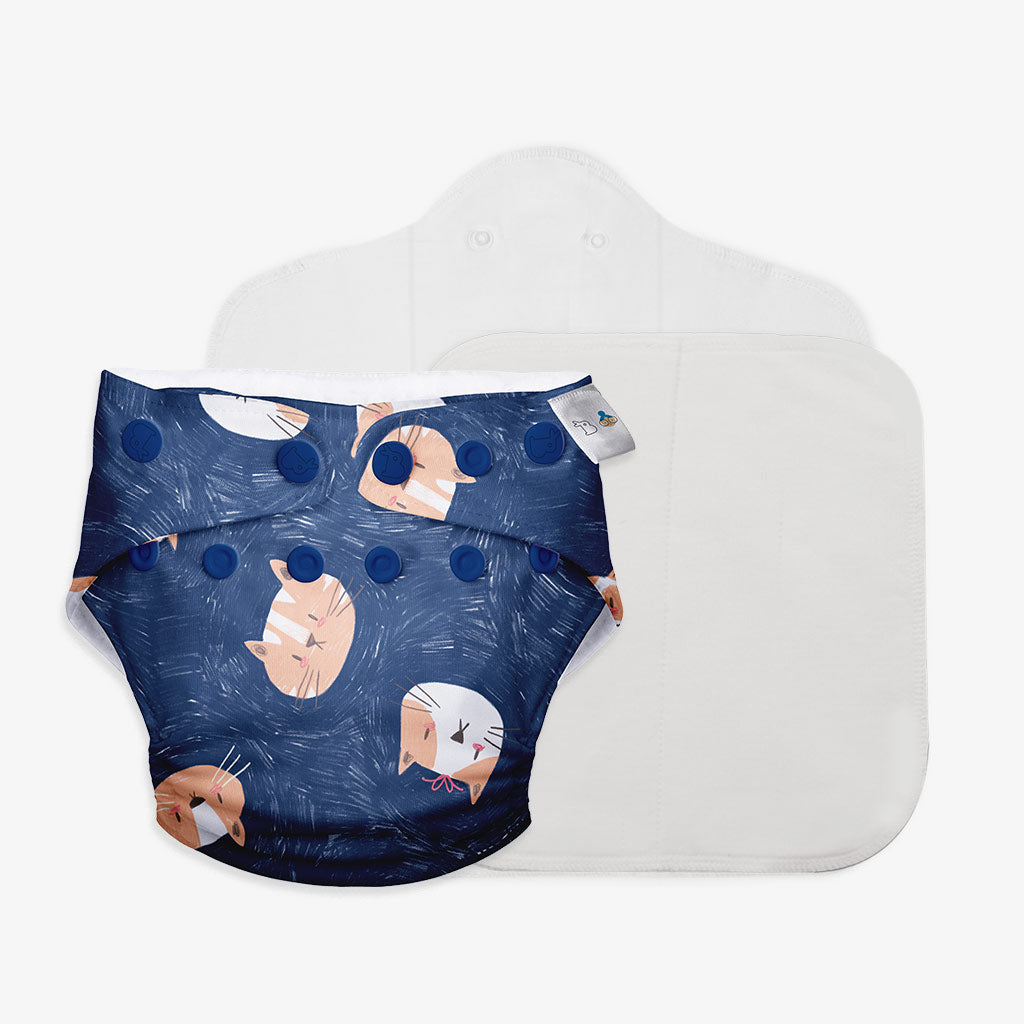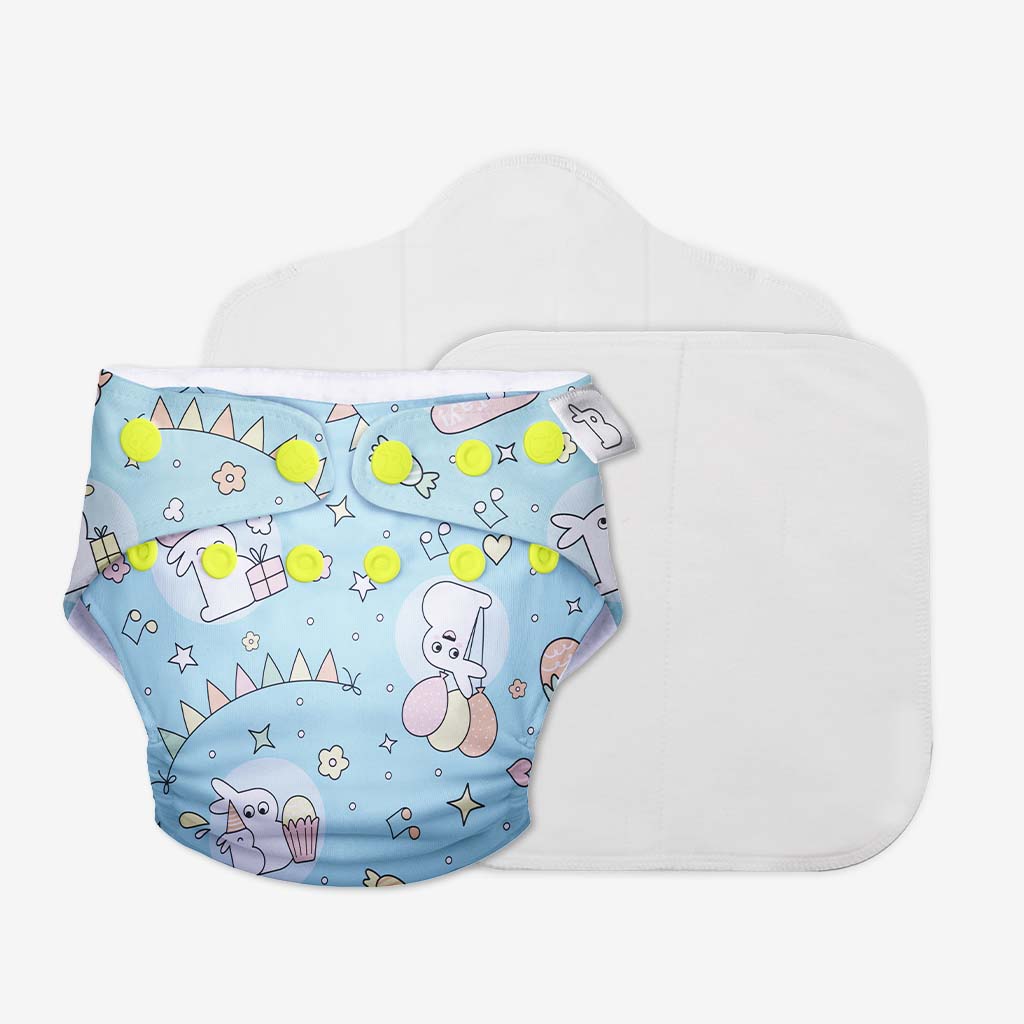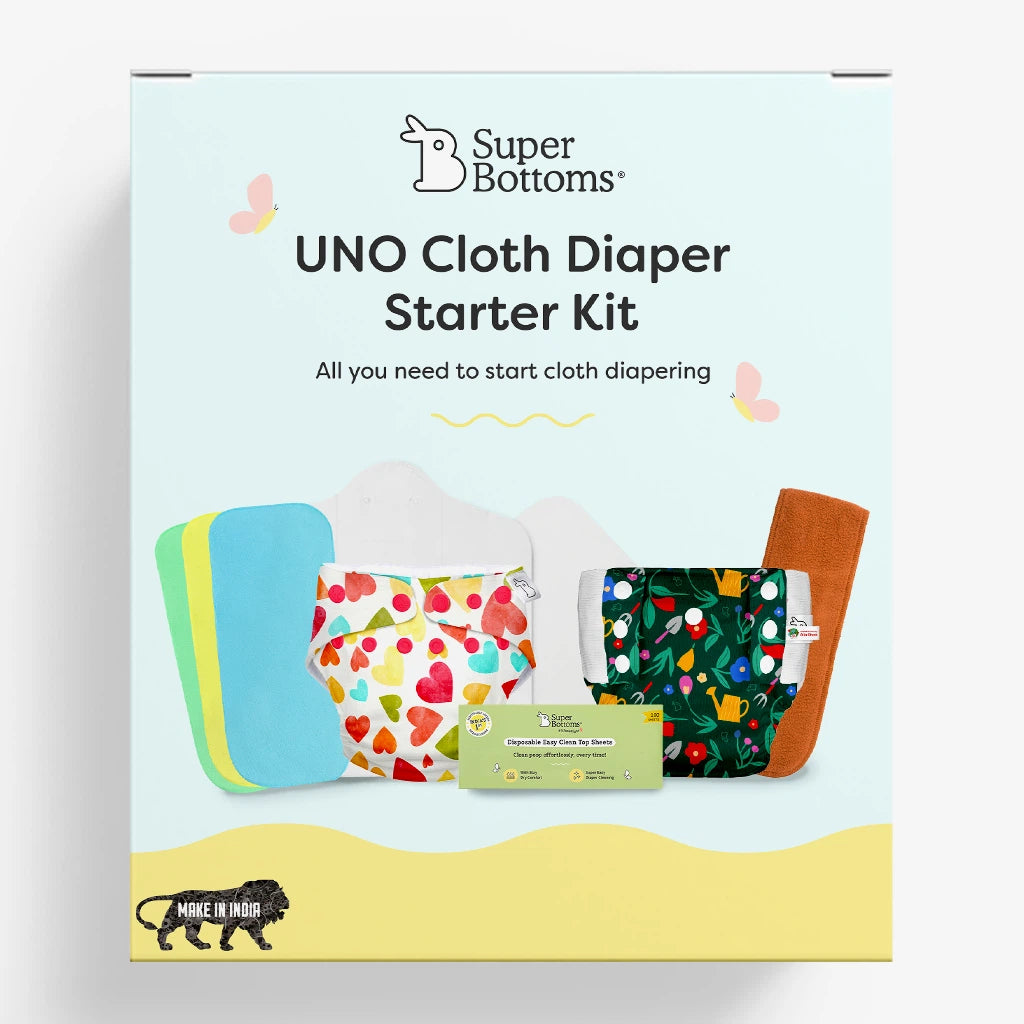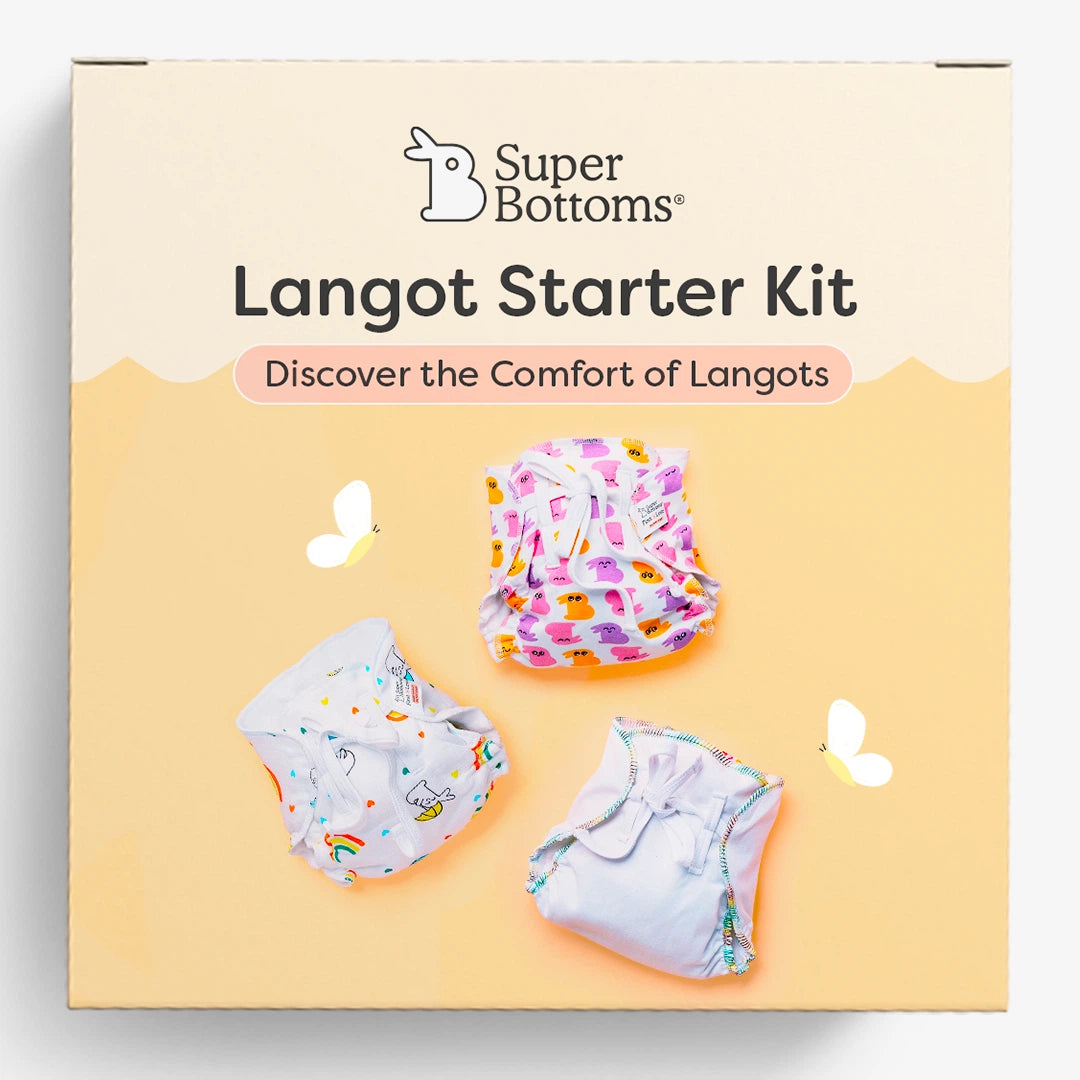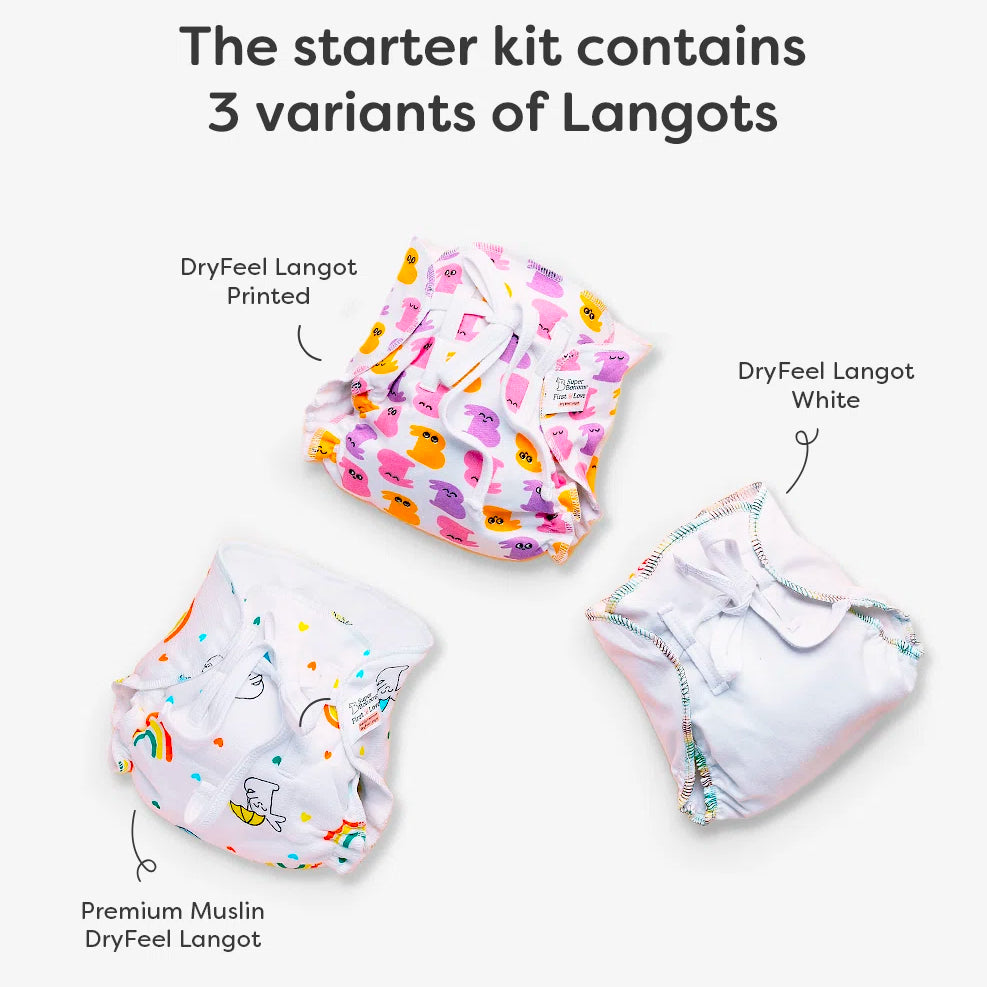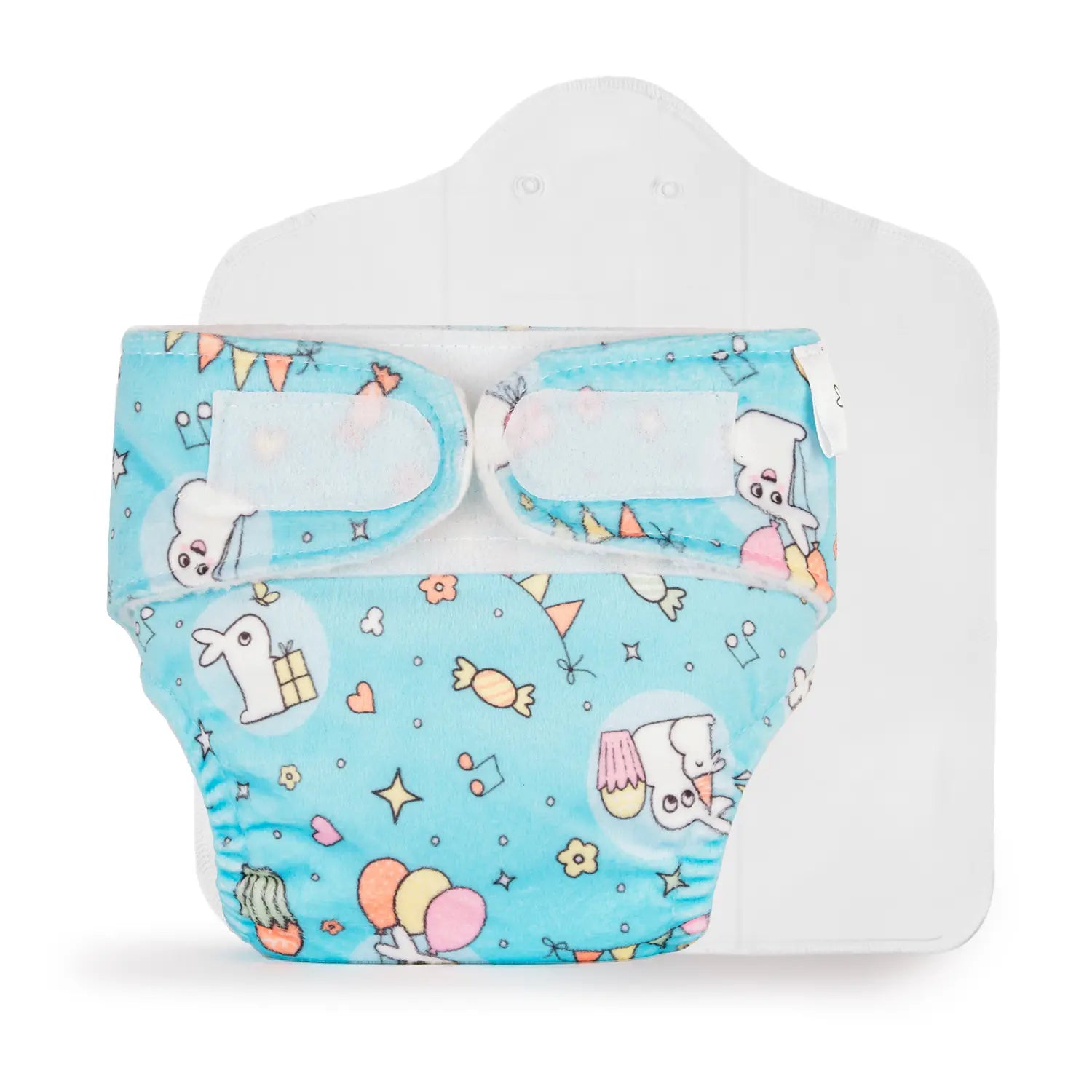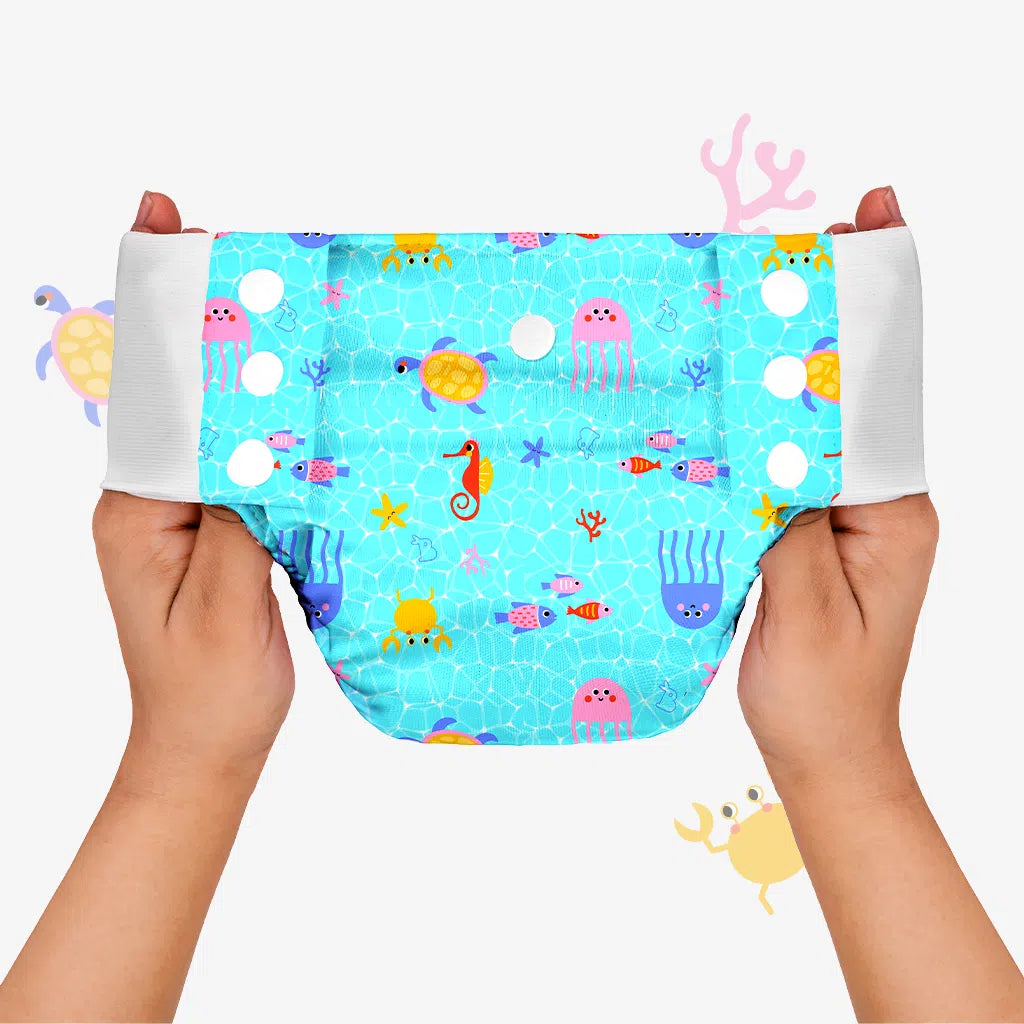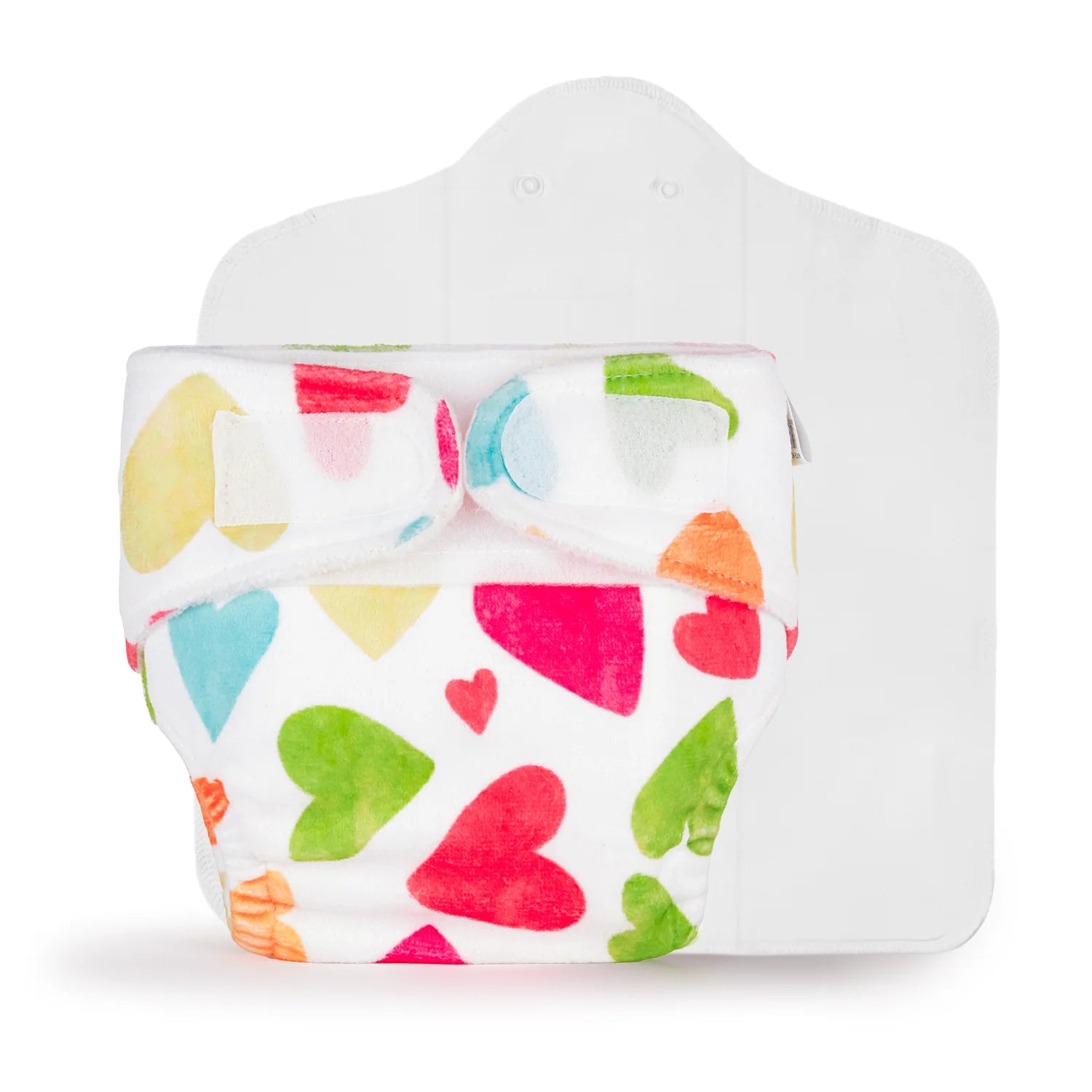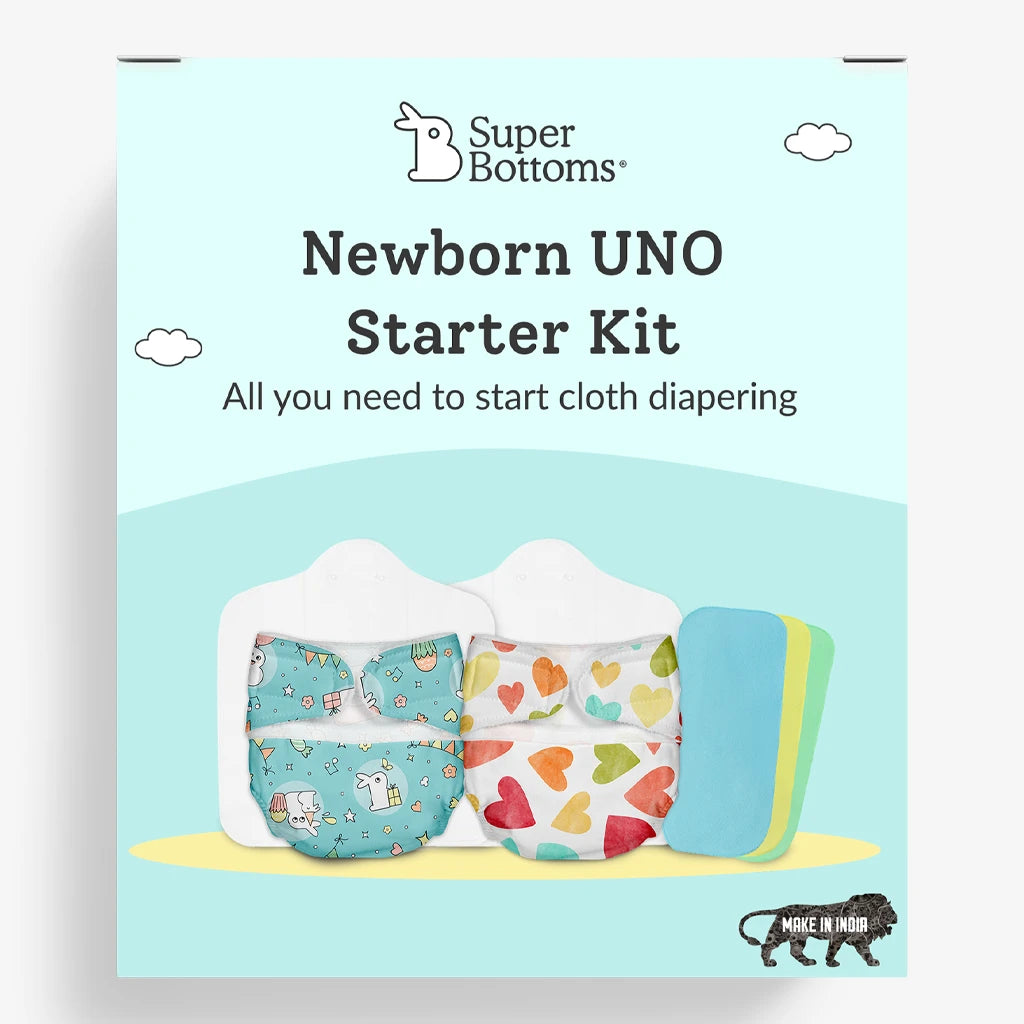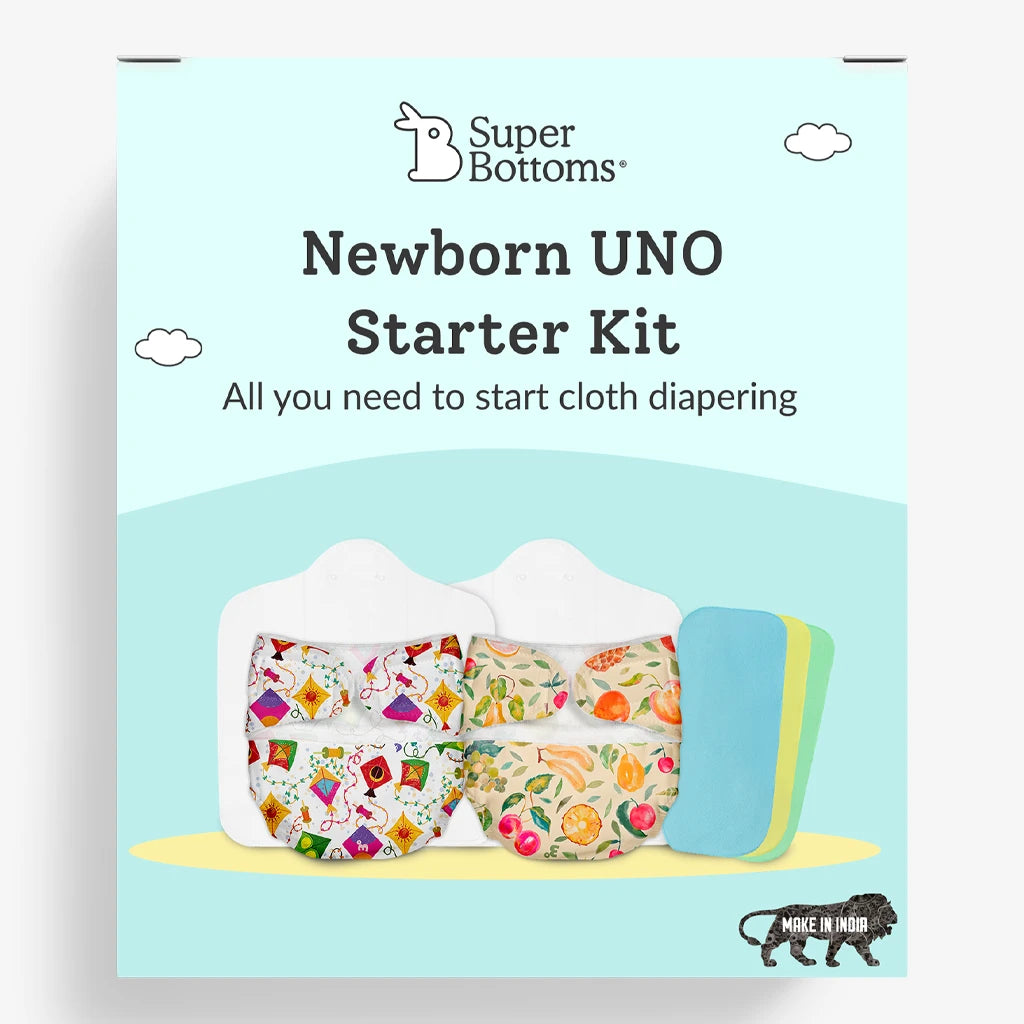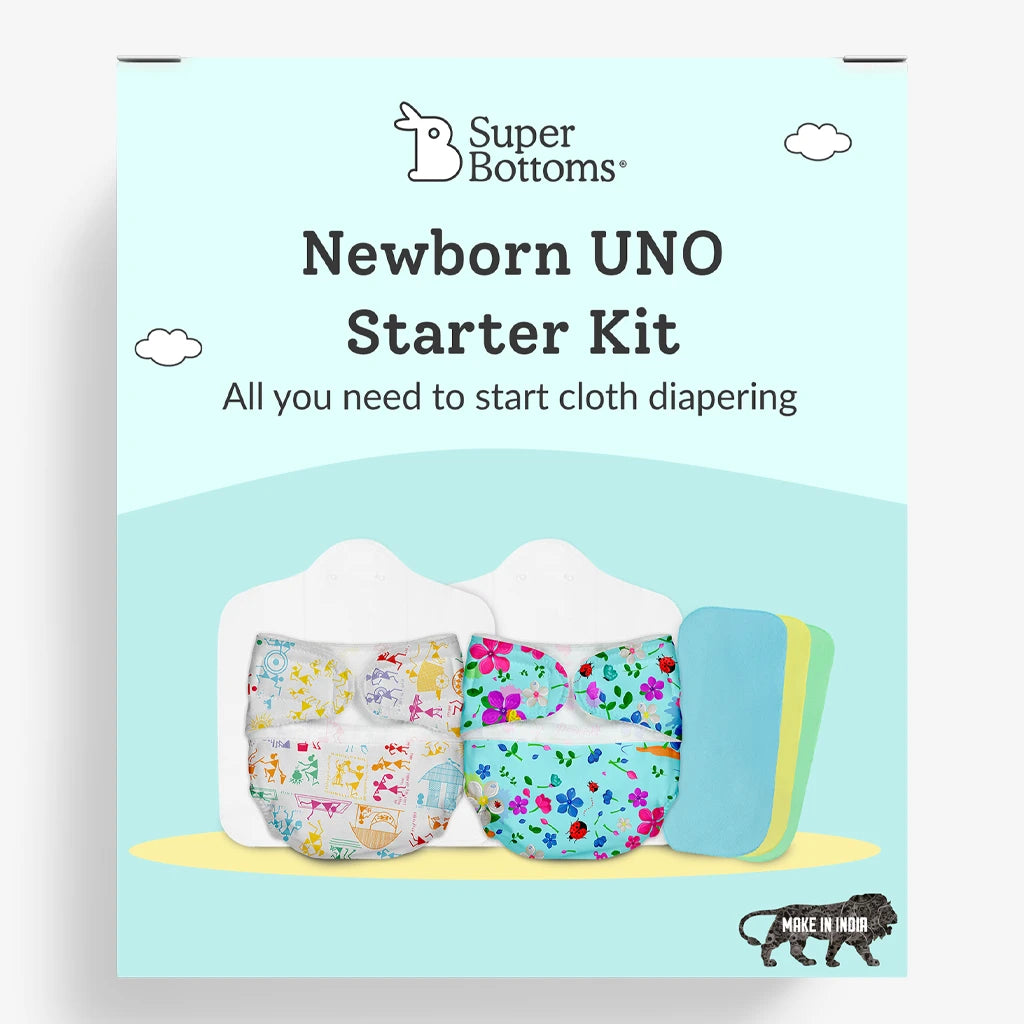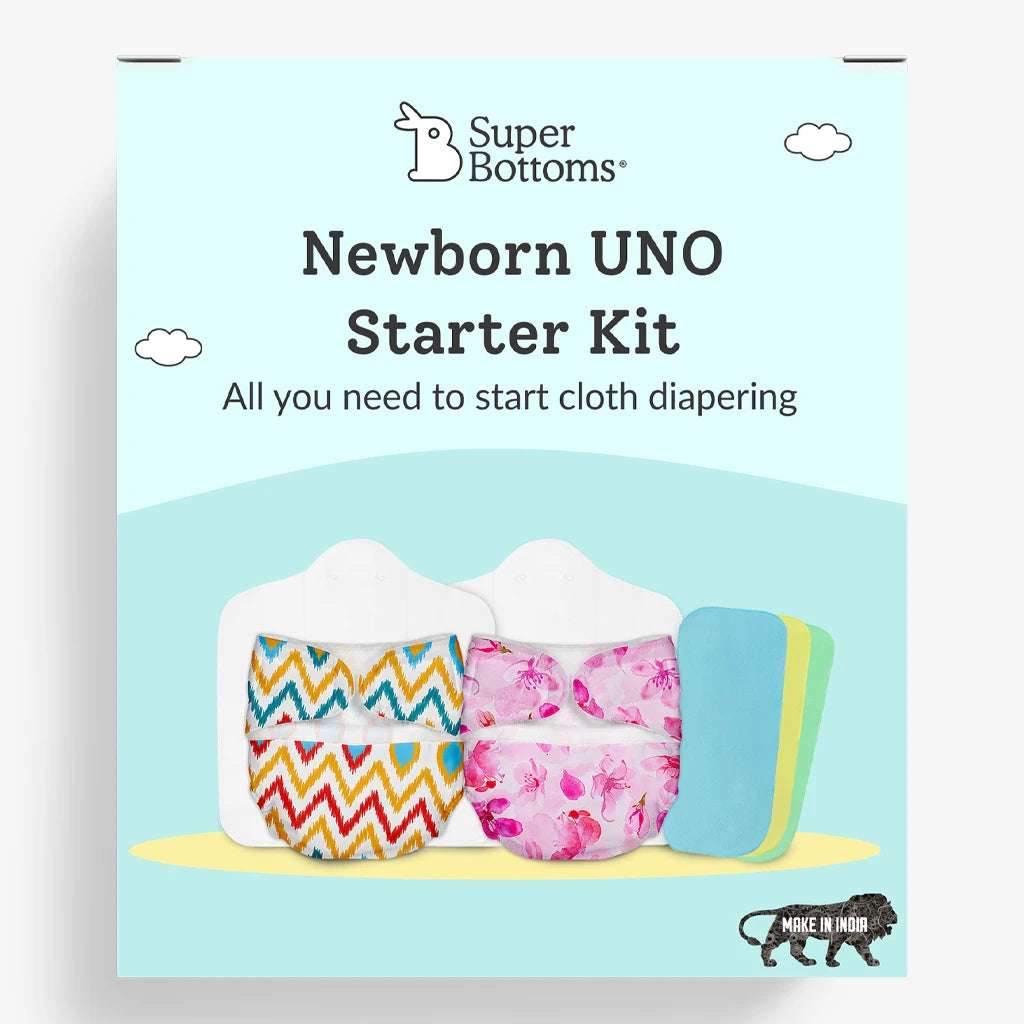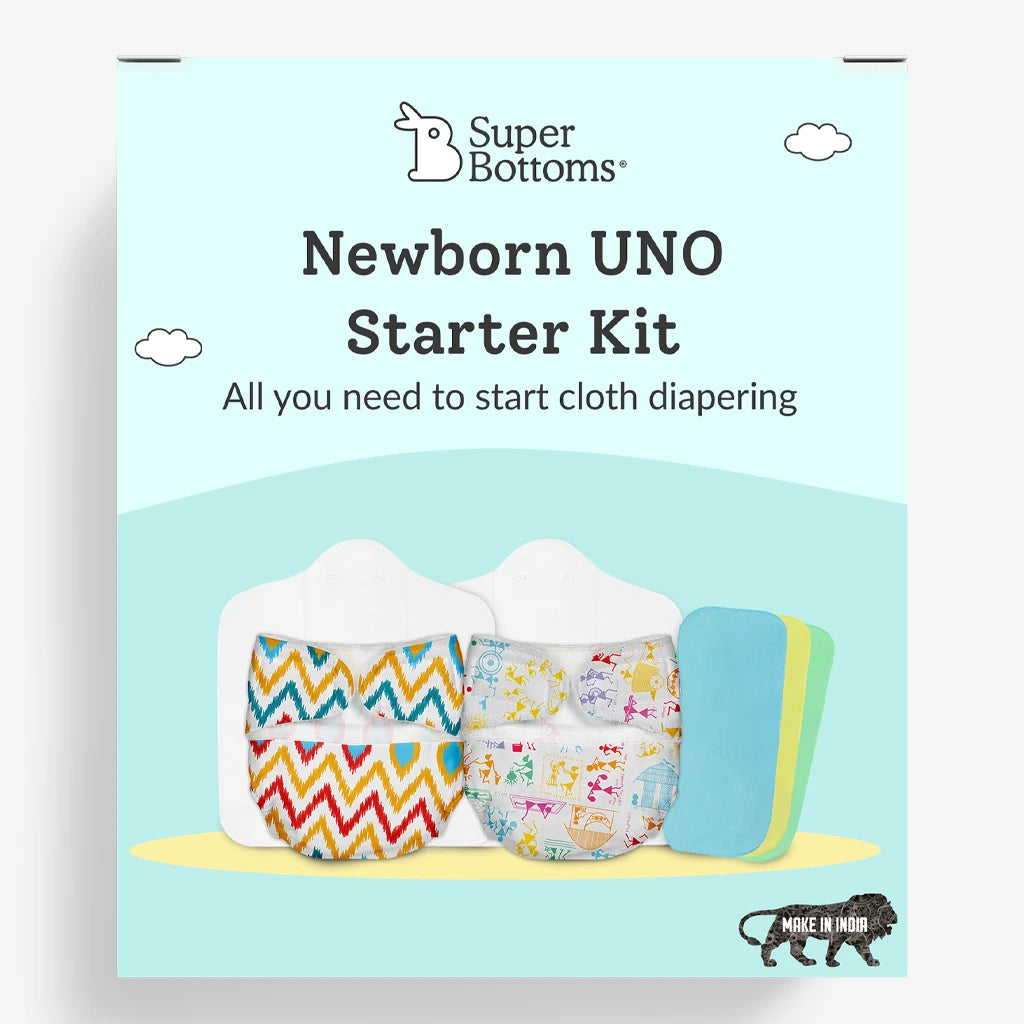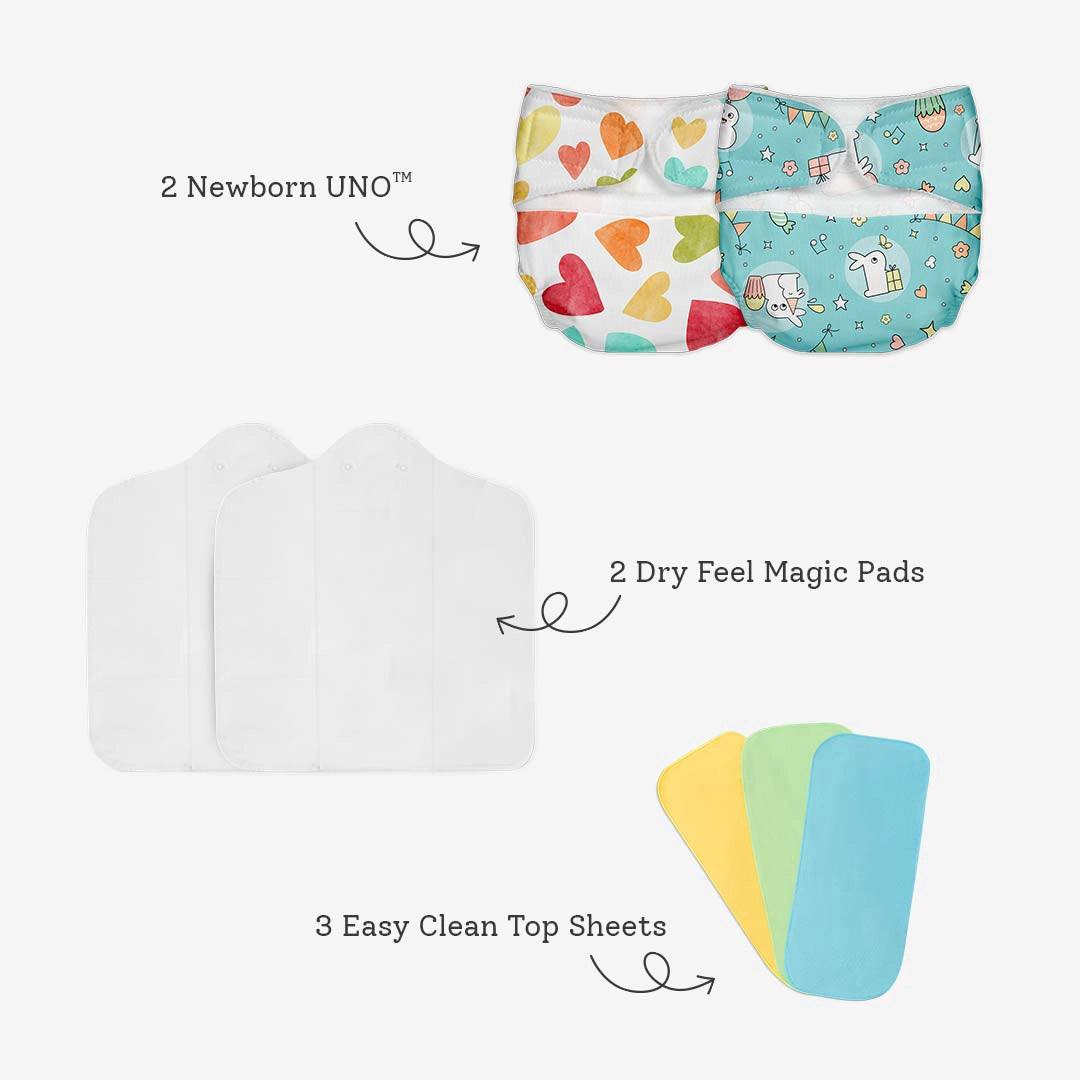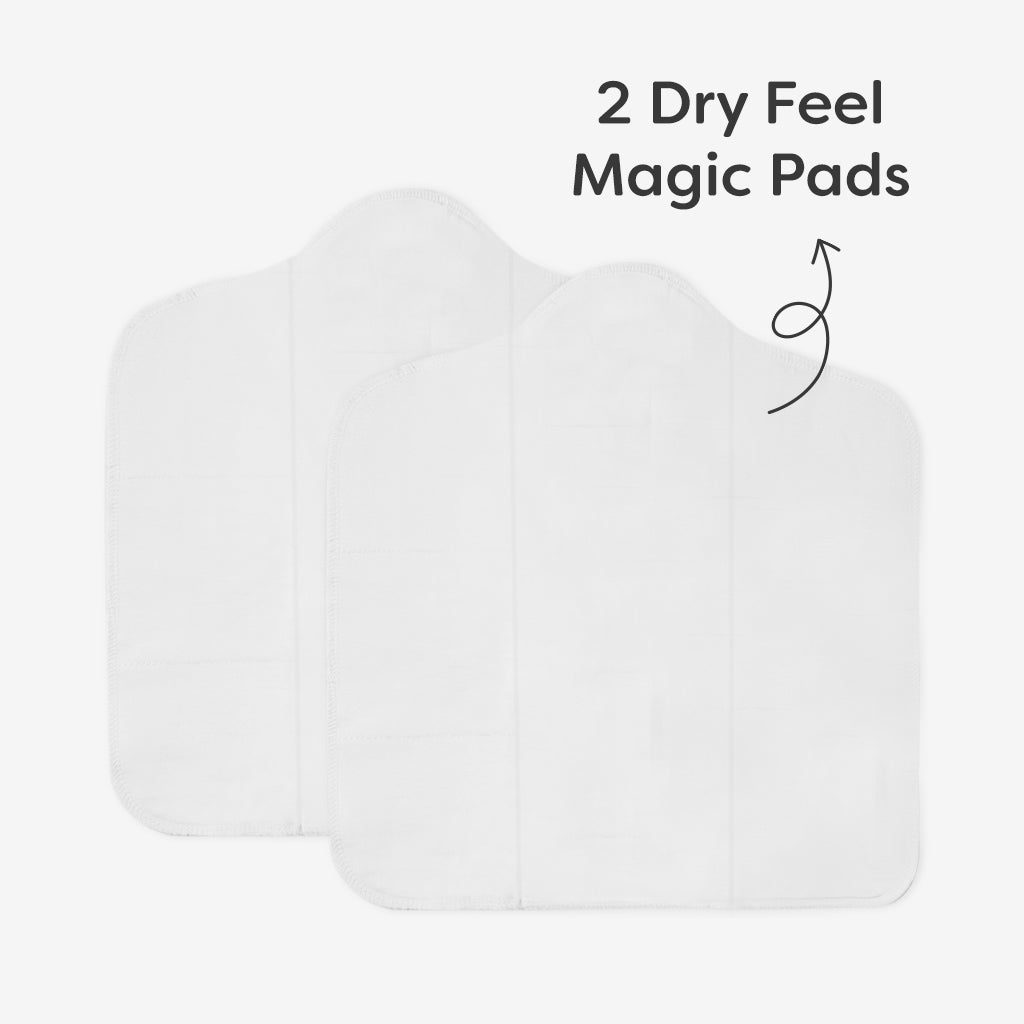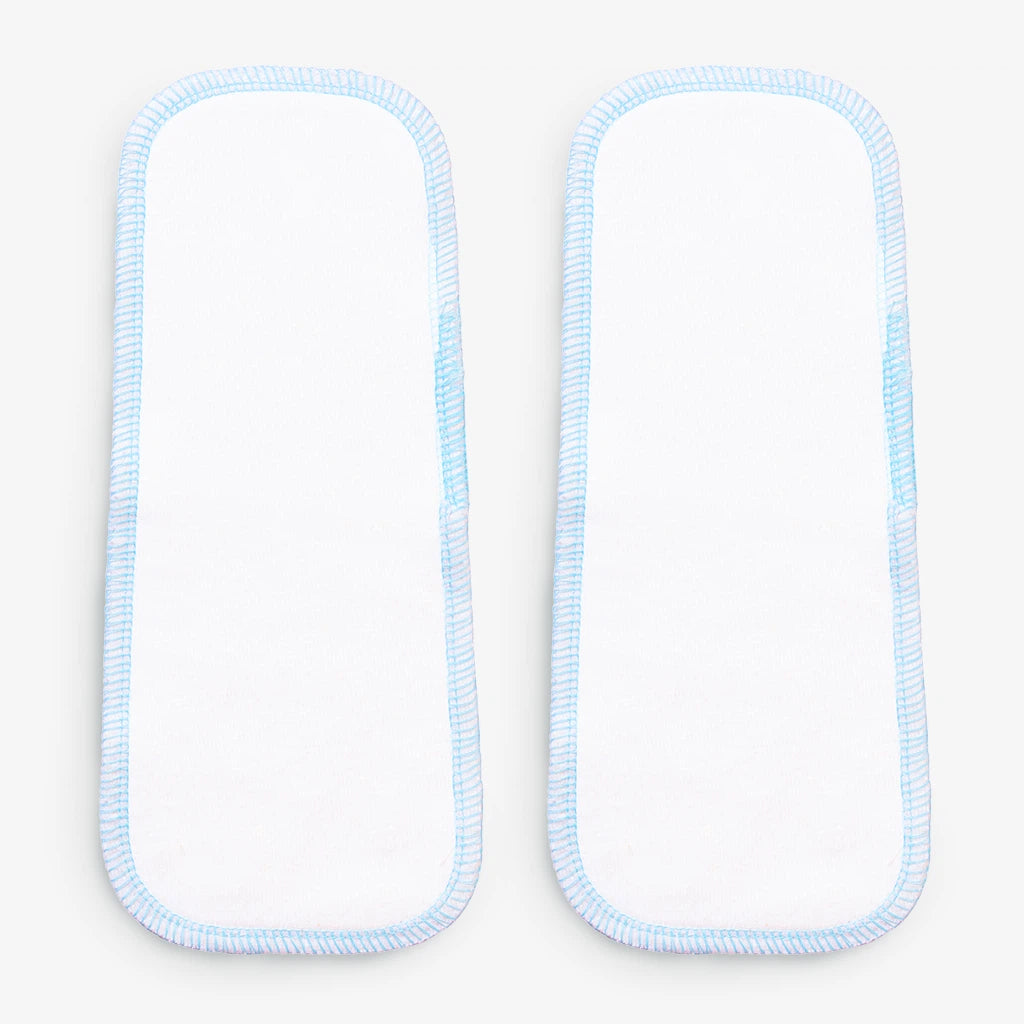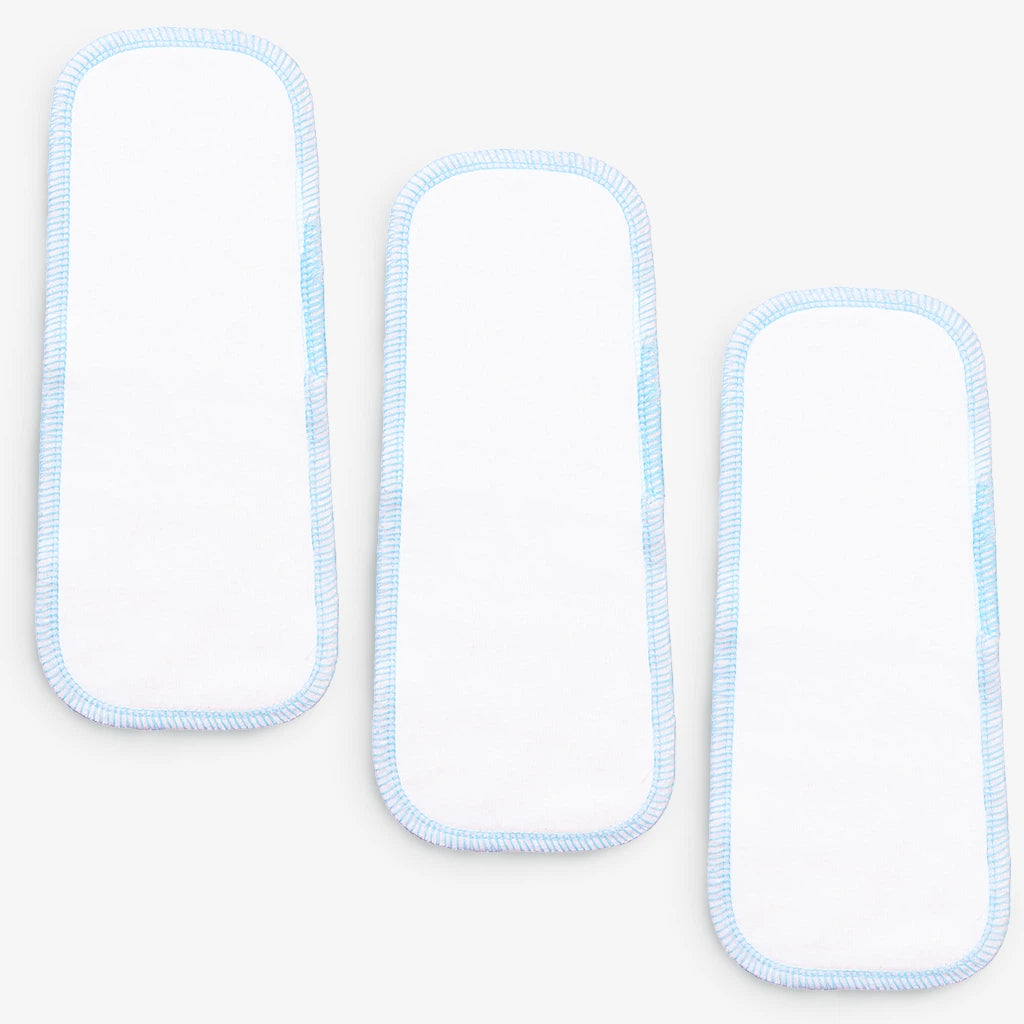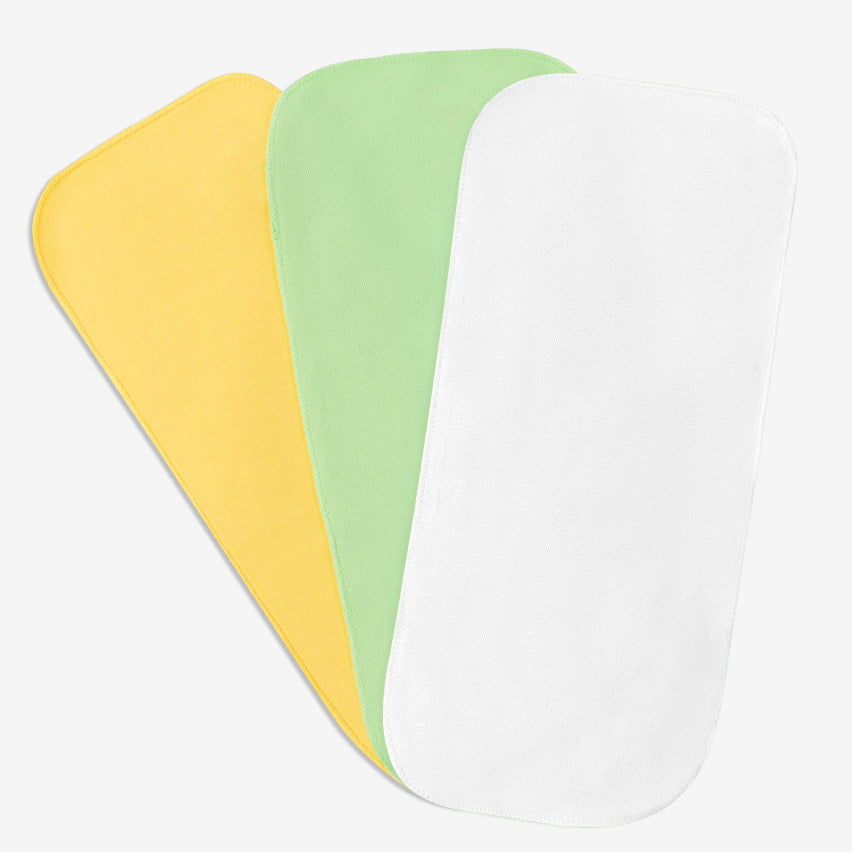Understanding your menstrual cycle is key to maintaining hormonal balance and accurately predicting periods. This guide explains how to calculate your menstrual cycle, the stages involved, and practical tips for comfort and health.
- What Is the Menstrual Cycle?
- How Do I Calculate My Menstrual Cycle Accurately?
- What Are the Four Stages of the Menstrual Cycle?
- How Do I Know When My Period Is Coming?
- How to Balance Hormones Naturally During the Cycle?
- How to Make Your Period End Faster?
- Menstrual Hygiene: What Should You Use?
- Key Takeaways
- FAQs
- Message from SuperBottoms
What Is the Menstrual Cycle?
The menstrual cycle is your body’s natural monthly rhythm that prepares the uterus for pregnancy. While commonly discussed as “periods,” it’s actually a complex hormonal cycle influenced by estrogen, progesterone, LH, FSH, and more.
Understanding what is the menstrual phase and how each stage works empowers you to manage symptoms better, plan around your cycle, and maintain overall health.
How Do I Calculate My Menstrual Cycle Accurately?
Many women search for “how to calculate menstrual cycle” or “how do I calculate my period cycle” because tracking can feel confusing. The good news? It’s simpler than you think.
➤ Formula to Calculate Your Menstrual Cycle
Measure the number of days from:
Day 1 of your period → Day before your next period.
This full duration is one menstrual cycle.
Average Menstrual Cycle Length (Table)
|
Cycle Length Type |
Days |
What It Means |
|---|---|---|
|
Short Cycle |
21–25 |
More frequent periods |
|
Average Cycle |
26–32 |
Most common for women |
|
Long Cycle |
33–35 |
Fewer periods per year |
If your cycle varies by more than 7–9 days monthly, your hormones might be fluctuating, and lifestyle adjustments may help.
What Are the Four Stages of the Menstrual Cycle?
Understanding the stages of the menstrual cycle helps explain mood, cravings, fertility signals, and period symptoms.
a) Menstrual Phase (Day 1–5): What Happens?
This is when the uterine lining sheds—your period. Hormone levels drop, causing fatigue, bloating, or cramps.
During this phase, breathable, leak-proof SuperBottoms MaxAbsorb™ Period Underwear can offer all-day comfort without causing rashes. CTA: Try SuperBottoms Period Underwear for stress-free periods.
b) Follicular Phase (Day 1–13): What Should You Expect?
Overlaps with your period initially, this phase prepares the ovary to release an egg. Energy typically improves as estrogen rises.
c) Ovulation Phase (Day 14): Why Is It Important?
The ovary releases an egg. You may notice egg-white discharge, increased libido, or slight cramping.
d) Luteal Phase (Day 15–28): What Changes?
Progesterone takes over. PMS symptoms—breast tenderness, mood swings, cravings—may appear.
Tracking these stages helps you anticipate symptoms and understand how to know when your period is coming.
How Do I Know When My Period Is Coming?
Your body gives subtle signals days before your period starts. Recognising these will help you mentally and physically prepare.
Common Pre-Period Symptoms (PMS):
- Mild lower abdominal cramps
- Mood changes
- Acne or breakouts
- Bloating or fluid retention
- Increased hunger or cravings
- Backache
-
Slight drop in basal body temperature
These signs usually appear during the luteal phase, signalling that menstruation is approaching.
How to Balance Hormones Naturally During the Cycle?
Many women experiencing irregular cycles or PMS wonder, “how to balance hormones naturally.” Simple lifestyle changes can help stabilise hormonal activity and support reproductive health.
Natural Hormone Balancing Tips
- Eat consistently: Include whole grains, healthy fats, and iron-rich foods.
- Reduce caffeine & sugar during the luteal phase.
- Stay hydrated to reduce bloating.
- Exercise moderately: walking, yoga, light strength training.
- Manage stress: deep breathing, meditation, journaling.
-
Sleep 7–9 hours to regulate cortisol levels.
How to Make Your Period End Faster?
While you can’t stop periods instantly, certain habits may help reduce duration and promote smoother flow.
Tips to Potentially Shorten Your Period
- Light exercise improves blood flow.
- Stay hydrated to prevent clots.
- Increase vitamin C and iron-rich foods.
-
Use heat therapy to regulate flow.
Some women also feel more comfortable using menstrual underwear that supports movement without leaks or discomfort.
SuperBottoms Period Underwear is designed for faster absorption, making physical activity easier—which may help support a shorter, smoother period experience.
|
Limited Time Offers + Special Gift Sets! Now or never Super SALE is live on the SuperBottoms website! Take advantage of unbeatable value deals on our UNO Cloth Diapers, Baby Essentials, and more. Looking for the perfect present for a newborn or a toddler? Explore our thoughtfully curated Gift Sets & Combos — safe, skin-friendly, and oh-so-cute! A bundle of love for little ones and a delight for parents. HURRY — Deals and Gift Packs are live only till stocks last. Don’t miss the chance to stock up and share the joy! |
Menstrual Hygiene: What Should You Use?
A key part of menstrual health is choosing the right products. With growing awareness, many women now choose rash-free, sustainable options.
Why Consider Reusable Menstrual Products?
- Cost-effective
- Eco-friendly
- Gentle on skin
- No chemicals or perfumes
- Long-term comfort
SuperBottoms MaxAbsorb™ Period Underwear is reusable, super-soft, and designed for heavy and medium flow, helping you stay comfortable throughout all cycle stages. CTA: Explore SuperBottoms Period Underwear for a safer, skin-friendly alternative.
Your menstrual cycle is a powerful indicator of hormonal health and overall well-being. By understanding how to calculate your menstrual cycle, recognising the stages of menstrual cycle, spotting signs that your period is coming, and adopting natural hormone-balancing habits, you gain control over your reproductive health. With the right menstrual hygiene products—especially gentle, skin-safe options such as reusable period underwear—you can manage your cycle with comfort and confidence.
Key Takeaways
- Your menstrual cycle length is the number of days from one period to the next.
- The four stages—menstrual, follicular, ovulation, and luteal—shape mood, discharge, energy, and symptoms.
- Hormone balance, lifestyle habits, and the right menstrual products can significantly improve cycle comfort.
FAQs
1. How do I calculate my menstrual cycle length?
Track from Day 1 of bleeding to the day before your next period begins.
2. What is the menstrual phase?
It is the first stage of the cycle where your uterine lining sheds, resulting in bleeding.
3. What are signs that my period is about to start?
Common signs include cramps, acne, bloating, back pain, mood swings, and breast tenderness.
4. How can I balance hormones naturally?
Eat whole foods, reduce stress, sleep well, exercise lightly, and avoid excessive caffeine and sugar.
5. Can my lifestyle shorten my period length?
Hydration, gentle exercise, and heat therapy may support a smoother, sometimes shorter, menstrual phase.
6. How do the stages of menstrual cycle affect mood?
Estrogen boosts mood during the follicular phase; progesterone may cause PMS in the luteal phase.
7. What menstrual hygiene products are best for sensitive skin?
Soft, breathable options like reusable period underwear help prevent rashes and irritation.
8. Which SuperBottoms product is recommended for menstrual care?
SuperBottoms MaxAbsorb™ Period Panties/Underwear is highly recommended for comfort, leakage protection, and rash-free periods, especially for teens and adults seeking sustainable hygiene products.
Message from SuperBottoms
Hi there, new parents! SuperBottoms brings you doctor-recommended cloth diapers — the best rash-free diapering solution for your baby’s sensitive and delicate skin. Unlike disposable diapers loaded with chemicals, our newborn cloth diapers, when used and washed properly, can help eliminate the risk of diaper rashes. SuperBottoms offers a wide range of safe, skin-friendly essentials for the whole family — including Reusable Cloth Diapers, Diaper Pants, DryFeel langots for diaper-free time, Padded Underwear for potty training, SuperSoft Underwear for everyday comfort, Joggers for playful days, and Period Underwear for women. Not just for everyday use, SuperBottoms products also make the best gifting choice for babies — thoughtful, eco-friendly, practical, and loved by parents. Now available on Amazon, Myntra, Flipkart, FirstCry, Zepto, Swiggy and Blinkit



